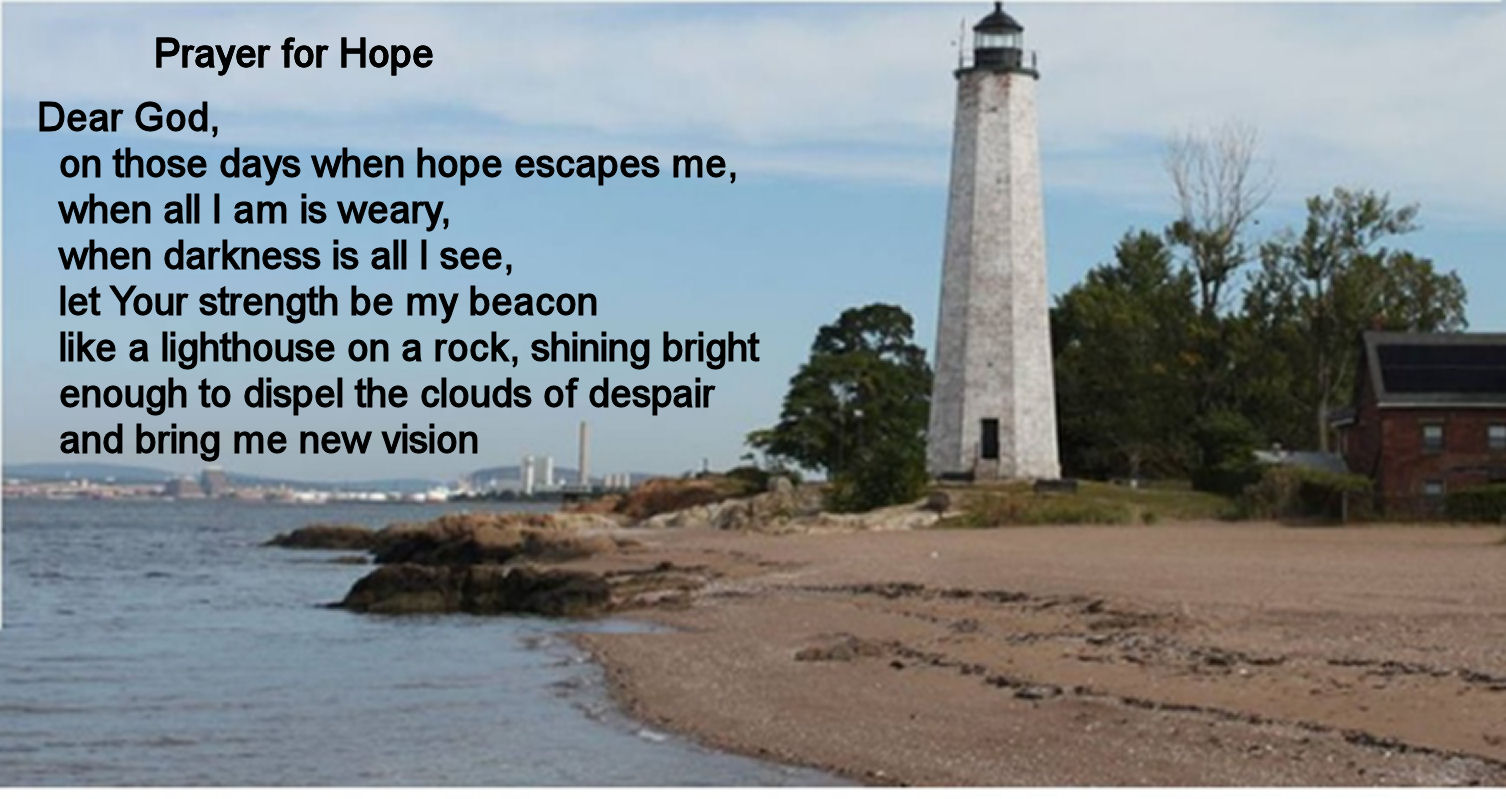Stronger Together!
Mental Health during this time is important!
Walk, Fresh Air, Staying Home Matters!
Buddy, Dash & I will keep Walking and Raising Awareness!
How to Get Over the Midlife Crisis Slump
by Kimberly Hayes [email protected]
There comes a point in many people's lives where you may start to feel more down than usual; this is usually associated with reaching the 40-year milestone. It is often at this time that many start to wonder where the time went and can begin lamenting that their best days are behind them. If that's you, and you're wondering if your future can still be bright, here are some helpful tips on how to get over the midlife crisis slump.
Think Outside the Box
Sometimes it can be easy to be fixated on what we have achieved so far that we think that we have reached our limit creativity-wise. However, it's vital that you don't limit yourself to this way of thinking because you may be suppressing the creative spark within you that's just dying to come out to try something new. Furthermore, embracing your creativity could be just the thing to motivate you to achieve more in life despite getting older.
One way to think outside the box is to go back to school. Is there a subject or passion you’ve always wanted to pursue? Now is the time! For instance, a degree in human resources management could open doors, and thanks to the flexibility of online programs, you’d be able to learn at your own pace without having to take time off work.
Meditate
Meditating is the act of relaxing the mind so that you can be more present in the moment. Meditation is different for everyone; and while some people may prefer to meditate on scripture, recite certain mantras or do yoga, for example, you could just as easily meditate by being mindful of your thoughts and redirecting them in a positive direction.
Live Your Life for You
Suppose you found that you have lived your life a certain way to meet the expectations of friends and family and that you haven't been living your life for yourself. Then now might be the perfect time to start reflecting on those things that bring you joy and fulfillment, no matter how outlandish or ridiculous they might seem to others.
Have an Attitude of Gratitude
When a person hits a midlife crisis, they can often start to feel dissatisfied with life, forgetting the blessings that may lie right in front of them. When you practice an attitude of gratitude, you start to realize how fortunate you actually are, which can then actually start to reduce any unpleasant emotions you may be experiencing at this point in time.
Consult with a Professional
If you feel that you cannot manage on your own, then consulting with a professional might be the answer. You could for example engage with a virtual therapist to find out how much therapy will cost instead of going the in-person route. The benefits to this are many, including cost savings, and flexibility in regard to who you see and when you see them, and there is less of a commitment involved if you decide that this isn't for you at the end of the day. Plus, an online therapist will usually offer you a free consultation to determine the right match for you - therapist-wise.
Reconnect with Old Friends
Sometimes it can just take reconnecting with people you knew long ago to feel better and more at peace with your situation right now. So if you've lost touch with close friends you once knew, then all you need to do is do a quick search online by typing in their names, graduation dates, and schools to see if any of them still live in your hometown so that you can meet up with them and, hopefully, reestablish your friendship.
Start Your Own Business
Perhaps all you need to really do to break out of your rut is quit the job you've been hating for so long to start a business doing something you love. Suppose you've made the bold move to do so, then registering your business as a limited liability company is a good option if you're not at all that familiar with this territory, as it is really simple to set up from the get-go. Apart from its simplicity, it also has other benefits that include greater flexibility should you decide to go in another direction one day, there is less paperwork to fill in (which is one less stressful thing to worry about), and you can reap certain tax advantages from structuring your business this way, etc.
A formation service can assist you with setting up your business if you are unsure in this area, and they are quite affordable too. They will also have the knowledge and expertise to register your business in a new state if you decide to move, as the legalities of registering a business may differ from state to state.
Overcoming a midlife crisis is indeed possible to do by simply redirecting the negative parts of your train of thought to instead focus on the brilliant life you have ahead of you - with a little help if you need it, of course.
Walks With Buddy Inc uses walking and holistic methods to help those struggling with mental illness. We’d love to hear from you!
by Kimberly Hayes [email protected]
There comes a point in many people's lives where you may start to feel more down than usual; this is usually associated with reaching the 40-year milestone. It is often at this time that many start to wonder where the time went and can begin lamenting that their best days are behind them. If that's you, and you're wondering if your future can still be bright, here are some helpful tips on how to get over the midlife crisis slump.
Think Outside the Box
Sometimes it can be easy to be fixated on what we have achieved so far that we think that we have reached our limit creativity-wise. However, it's vital that you don't limit yourself to this way of thinking because you may be suppressing the creative spark within you that's just dying to come out to try something new. Furthermore, embracing your creativity could be just the thing to motivate you to achieve more in life despite getting older.
One way to think outside the box is to go back to school. Is there a subject or passion you’ve always wanted to pursue? Now is the time! For instance, a degree in human resources management could open doors, and thanks to the flexibility of online programs, you’d be able to learn at your own pace without having to take time off work.
Meditate
Meditating is the act of relaxing the mind so that you can be more present in the moment. Meditation is different for everyone; and while some people may prefer to meditate on scripture, recite certain mantras or do yoga, for example, you could just as easily meditate by being mindful of your thoughts and redirecting them in a positive direction.
Live Your Life for You
Suppose you found that you have lived your life a certain way to meet the expectations of friends and family and that you haven't been living your life for yourself. Then now might be the perfect time to start reflecting on those things that bring you joy and fulfillment, no matter how outlandish or ridiculous they might seem to others.
Have an Attitude of Gratitude
When a person hits a midlife crisis, they can often start to feel dissatisfied with life, forgetting the blessings that may lie right in front of them. When you practice an attitude of gratitude, you start to realize how fortunate you actually are, which can then actually start to reduce any unpleasant emotions you may be experiencing at this point in time.
Consult with a Professional
If you feel that you cannot manage on your own, then consulting with a professional might be the answer. You could for example engage with a virtual therapist to find out how much therapy will cost instead of going the in-person route. The benefits to this are many, including cost savings, and flexibility in regard to who you see and when you see them, and there is less of a commitment involved if you decide that this isn't for you at the end of the day. Plus, an online therapist will usually offer you a free consultation to determine the right match for you - therapist-wise.
Reconnect with Old Friends
Sometimes it can just take reconnecting with people you knew long ago to feel better and more at peace with your situation right now. So if you've lost touch with close friends you once knew, then all you need to do is do a quick search online by typing in their names, graduation dates, and schools to see if any of them still live in your hometown so that you can meet up with them and, hopefully, reestablish your friendship.
Start Your Own Business
Perhaps all you need to really do to break out of your rut is quit the job you've been hating for so long to start a business doing something you love. Suppose you've made the bold move to do so, then registering your business as a limited liability company is a good option if you're not at all that familiar with this territory, as it is really simple to set up from the get-go. Apart from its simplicity, it also has other benefits that include greater flexibility should you decide to go in another direction one day, there is less paperwork to fill in (which is one less stressful thing to worry about), and you can reap certain tax advantages from structuring your business this way, etc.
A formation service can assist you with setting up your business if you are unsure in this area, and they are quite affordable too. They will also have the knowledge and expertise to register your business in a new state if you decide to move, as the legalities of registering a business may differ from state to state.
Overcoming a midlife crisis is indeed possible to do by simply redirecting the negative parts of your train of thought to instead focus on the brilliant life you have ahead of you - with a little help if you need it, of course.
Walks With Buddy Inc uses walking and holistic methods to help those struggling with mental illness. We’d love to hear from you!
|
As we navigate this uncharted water with COVID-19,
remember you are not alone. Anxiety, Fear, Depression, Overwhelm is high for some. One Way to Help is to Structure you day, as if you had to be somewhere. Get up, Get Dressed and Get Productive. Read that book, Walk your neighborhood, Plan a garden, Stay Hydrated. This is a Pause with a Purpose. If you need help creating a Plan of Action we are here to help. "It Takes a Community To Break a Stigma!" Coach Joan Challenge yourself daily to "Be Better!" Be Part of the Solution Social Distancing, Face Masks, Hand Washing Meditation & Prayer for those on the front lines. Stronger Together |
April 13, 2020
we are still in "quarantine" Social Distancing mode. This is not helping those who battle Mental Illness, which is 1 out of 5, 1 out of 3 have Anxiety. Suicide is the 2nd leading cause of death Ages 10- 34 Suicide is the 4th leading cause of death Ages 35 to 44 Suicide is the 10th leading cause of death overall If you are struggling reach out for help. National Suicide Prevention Lifeline 1-800-273-8255 |





